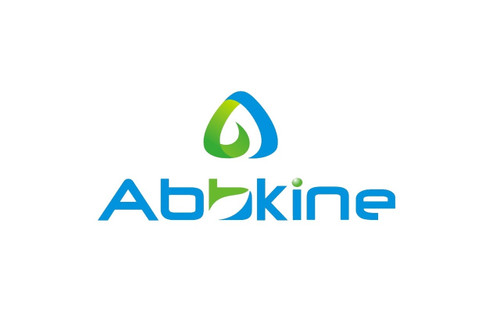Product Description
Human Tumor protein p53-inducible nuclear protein 1 (TP53INP1) ELISA Kit | AE13739HU | Abebio
Species Reactivity: Human (Homo sapiens)
Abbreviation: TP53INP1
Alternative Name: DKFZp434M1317; FLJ22139; SIP; TP53DINP1; TP53INP1A; TP53INP1B; Teap; p53DINP1; p53-inducible p53DINP1
Application: ELISA
Range: 62.5-4000 pg/mL
Sensitivity: 38 pg/mL
Intra-Assay: ≤4.1%
Inter-Assay: ≤7.1%
Recovery: 0, 85
Sample Type: Serum, Plasma, Other biological fluids
Detection Method: Sandwich
Analysis Method : Quantitive
Test Principale: This assay employs a two-site sandwich ELISA to quantitate TP53INP1 in samples. An antibody specific for TP53INP1 has been pre-coated onto a microplate. Standards and samples are pipetted into the wells and anyTP53INP1 present is bound by the immobilized antibody. After removing any unbound substances, a biotin-conjugated antibody specific for TP53INP1 is added to the wells. After washing, Streptavidin conjugated Horseradish Peroxidase (HRP) is added to the wells. Following a wash to remove any unbound avidin-enzyme reagent, a substrate solution is added to the wells and color develops in proportion to the amount of TP53INP1 bound in the initial step. The color development is stopped and the intensity of the color is measured.
Product Overview: The human gene was identified by using bioinformatic analyses which include the cDNA sequence named C20ORF110. It is composed of five exons spanning 9 kb of genomic DNA. The predicted open reading frame of TP53INP2 cDNA codes for 220 amino acids with a predicted molecular weight of 24 kDa. TP53INP2 shows a conserved exon-intron structure with the TP53INP1ß isoform, a gene strongly activated during cellular stress by p53-mediated activation of transcription that has been assigned to human chromosome 8q22. Protein sequence comparison showed 30 and 45% of identity and similarity between the two genes, respectively. TP53INP2 is located at human chromosome 20q11.2.
Stability: The stability of ELISA kit is determined by the loss rate of activity. The loss rate of this kit is less than 5% within the expiration date under appropriate storage condition. The loss rate was determined by accelerated thermal degradation test. Keep the kit at 37°C for 4 and 7 days, and compare O.D.values of the kit kept at 37°C with that of at recommended temperature. (referring from China Biological Products Standard, which was calculated by the Arrhenius equation. For ELISA kit, 4 days storage at 37°C can be considered as 6 months at 2 - 8°C, which means 7 days at 37°C equaling 12 months at 2 - 8°C) .
 Euro
Euro
 USD
USD
 British Pound
British Pound
 NULL
NULL












